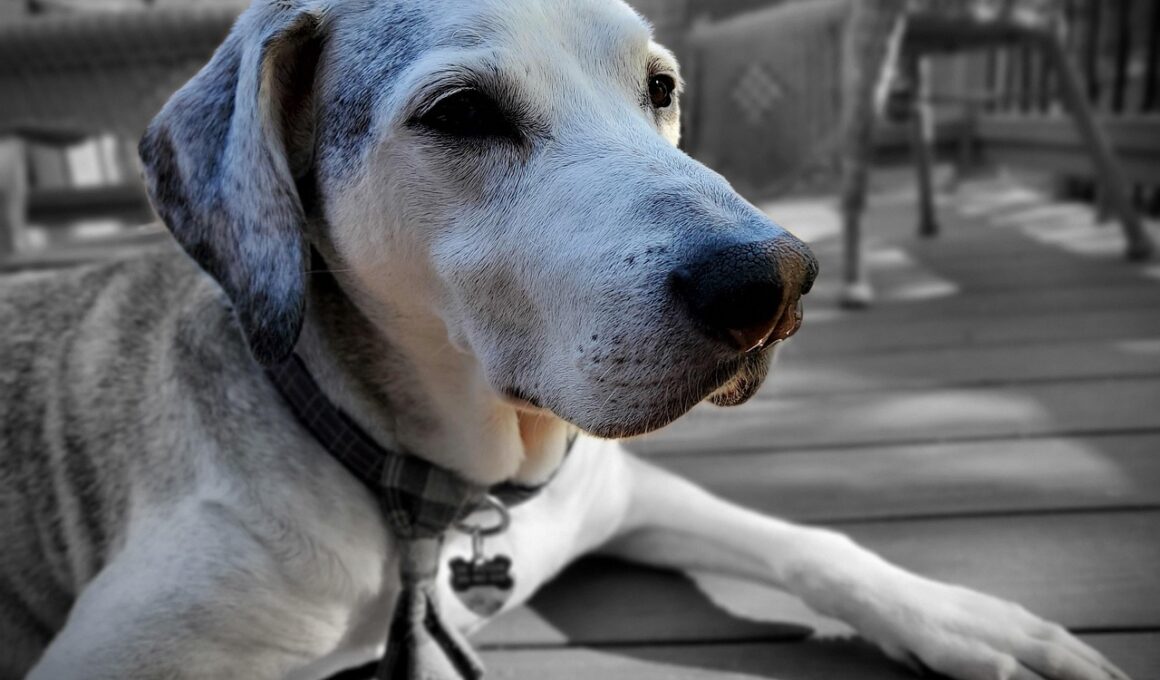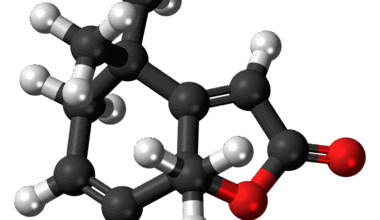Understanding Vaccination Needs for Senior Dogs
As dogs age, their health needs change significantly, especially regarding vaccination schedules. Senior dogs, generally defined as dogs aged seven years and older, can have varying immune response capabilities compared to their younger counterparts. This makes it crucial for dog owners to understand the specific vaccination requirements that will ensure their elderly pets remain healthy and protected against preventable diseases. Regular veterinary check-ups can help determine the appropriate vaccination plan based on each dog’s unique health status and lifestyle. Factors such as pre-existing health conditions, potential allergies, and the overall physical condition of senior dogs should be taken into account. Additionally, some vaccinations may need to be given more frequently as the dog’s immunity may not be as robust. Vaccination not only helps prevent infections but can also contribute to longer and healthier lives for senior dogs. Consulting a veterinarian will empower dog owners to make informed decisions regarding their pets’ vaccination schedules. Always ensure that your dog’s vaccinations are administered by a qualified professional who can provide guidance tailored to your senior dog’s specific needs.
For senior dogs, core vaccinations such as rabies, distemper, and parvovirus are essential. Generally, these core vaccines are effective for several years, but their efficacy can diminish in older dogs. The importance of these vaccines cannot be overstated, as they protect against serious diseases that can threaten their livelihood. Health conditions common in older dogs, like kidney disease or heart conditions, may complicate vaccination schedules. Therefore, visiting a veterinarian to assess health risks is paramount. Non-core vaccines that may be recommended based on the dog’s lifestyle include those for Lyme disease, kennel cough, and leptospirosis. If a senior dog spends considerable time in environments where these diseases are prevalent, discussing the relevance of these vaccines with a veterinarian is advisable. Keeping a record of vaccination statuses helps owners track their senior dogs’ healthcare routines and ensures vet visits are productive and focused. Additionally, considering factors like travel or socialization can necessitate certain vaccinations. It’s important to maintain an open dialogue with your vet for continual assessment of what vaccinations are necessary as the dog ages.
Adverse Reactions to Vaccines
Although vaccines are essential for maintaining health, it is equally important to be aware of possible side effects, especially in senior pets. Understanding potential adverse reactions is vital for dog owners so they can react swiftly should any issues arise. Common reactions might include swelling at the injection site, mild fever, or lethargy. In more severe cases, allergic reactions could occur, leading to symptoms like hives, difficulty breathing, or vomiting. The incidence of such severe reactions is relatively low but remains a concern for older dogs whose immune systems may be weaker. Ensuring dogs are closely observed post-vaccination can help in identifying any unusual reactions early. Owners should report any adverse reactions to their veterinarian, who can provide guidance on managing these occurrences. It’s advisable to avoid scheduling vaccinations during periods of existing illness, stress, or other health complications. Discussing medical history with a veterinarian can lead to appropriate adjustments in vaccination plans. Ultimately, the benefits of vaccination typically far outweigh the temporary discomfort of minor side effects, contributing to a longer, healthier life for senior dogs.
Regular health assessments are key to maintaining the wellbeing of senior dogs. Routine check-ups with a veterinarian allow for monitoring vaccination records and adjusting schedules based on health status and lifestyle changes. During these visits, it’s also important to discuss any changes in behavior or physical condition that may affect the vaccination strategy. Older dogs may be more susceptible to various ailments, including viral and bacterial infections, making vaccines even more crucial during these years. Moreover, aside from vaccinations, maintaining a balanced diet, sufficient exercise, and mental stimulation enhances the overall health of senior dogs. Investing in quality food tailored for older dogs can contribute significantly to their health. Keeping dogs active also supports their physical strength and mental sharpness. Additionally, regular dental care should not be overlooked, as dental health can impact overall wellbeing, including the effectiveness of vaccinations. Owners must adopt a holistic approach to senior dog care that encompasses vaccinations, diet, exercise, and mental health considerations. This comprehensive care plan aids in prolonging the quality of life for senior dogs.
Understanding Titer Testing
Titer testing is another crucial aspect of managing vaccinations for senior dogs, providing an alternative strategy to determine immunity levels. Instead of administering vaccines, veterinarians can assess whether a dog’s immune system has retained sufficient protection through blood tests that measure antibody levels. This approach can help minimize unnecessary vaccinations for dogs that have adequate immunity from previous shots. Owners who choose to pursue titer testing should discuss it with their veterinarian to understand how the results influence the vaccination schedule. This can be particularly beneficial for senior dogs, as it may reduce stress associated with frequent vaccinations and mitigate the risk of potential side effects. Depending on the results of the titer tests, your vet could recommend a more tailored vaccination schedule. Not only does this method personalize care for senior dogs, but it also helps to ensure they receive only the vaccinations necessary for their health and lifestyle. In situations where immunity is low, discussing the timing of booster shots is essential to safeguarding your senior dog’s health effectively.
In conclusion, senior dog care requires a thoughtful approach, especially concerning vaccination schedules. By actively managing vaccination needs through regular veterinary visits, dog owners can ensure their aging companions maintain optimal health. Understanding core and non-core vaccines, being aware of potential adverse reactions, and considering titer testing can inform decision-making when it comes to vaccinations. Adopting a holistic care plan that includes regular health assessments, proper nutrition, and mental enrichment enriches a senior dog’s life. Engaging with a veterinarian for personalized guidance ensures that each dog receives care tailored to their unique situation. Furthermore, proactive communication with the veterinary team can lead to adjustments that align with any changing needs as dogs age. As responsible pet owners, committing to these practices helps enhance the longevity and quality of life for our senior canine friends. By prioritizing their health through informed decisions and regular check-ups, we take significant steps toward ensuring our beloved pets live their golden years contentedly and healthily. Senior dogs deserve every ounce of love and care, particularly when it comes to their health needs.
Final Thoughts
As our beloved dogs transition into their senior years, understanding their specific vaccination needs becomes essential. These needs typically involve a combination of core vaccinations and necessary non-core vaccines, along with attention to individual health requirements. Vaccination schedules should not be static and must adapt to each dog’s lifestyle, immune response, and overall health status. Consulting with a veterinarian can significantly impact the success of managing a senior dog’s vaccination plan. Regular check-ups allow for easy tracking of health changes, while creating opportunities to discuss concerns about vaccinations and health management. In addition, being organized and keeping track of vaccination records promotes proactive health management and aids in scheduling timely vaccinations. Owners should also remain vigilant in observing any changes in behavior or health following vaccinations, addressing concerns immediately if they arise. After all, the goal of vaccinations is to enhance health and longevity, minimizing the risk of diseases that can impact a senior dog’s quality of life. Consequently, prioritizing vaccinations as part of a comprehensive health plan underscores the love and commitment owners share with their dogs, ensuring they continue to thrive through their golden years.
When exploring senior dog vaccination schedules, education remains crucial in making informed decisions. Each senior dog is unique; therefore, no one-size-fits-all plan exists. Awareness of individual health challenges, lifestyle, and environmental factors will inform the best vaccination approach tailored to each dog’s needs. As a responsible pet owner, one must seek knowledge about senior dog care and vaccinations. Resources abound online, in veterinary offices, and through reputable publications to guide dog owners through the intricacies of senior dog vaccinations. Engaging with community support groups or forums consisting of fellow dog owners can also provide valuable insights regarding best practices and experiences. Continuous education ensures owners remain well-equipped to meet their dog’s evolving needs throughout their senior years. Furthermore, by fostering open lines of communication with veterinarians, any questions or uncertainties regarding vaccinations can be readily addressed. This collaborative approach facilitates better outcomes for senior dogs. Overall, prioritizing education and being proactive will ultimately make a significant difference in the health and happiness of senior dogs, allowing them to enjoy their twilight years with love and care.


